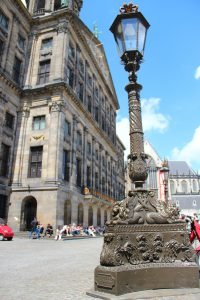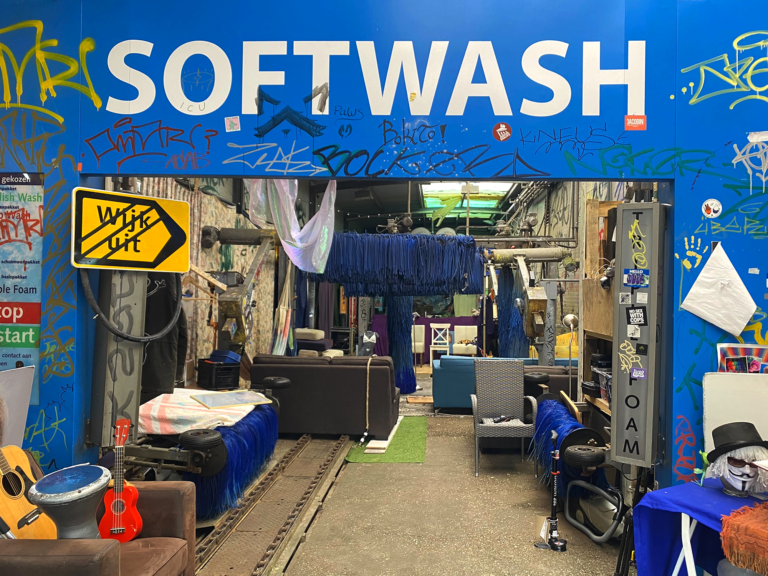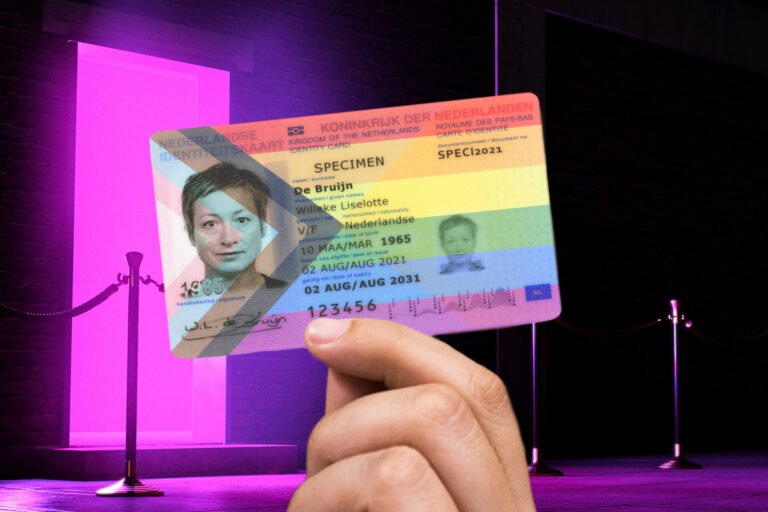Last month, Repeal the 8th had a gathering in Utrecht. This solidarity movement has connection to other demonstrations in the Netherlands, especially in Amsterdam. What exactly is Repeal the 8th and to what extent are movements in Amsterdam relevant for global discussions?
Global gathering in Utrecht
Repeal the 8th is a movement that takes place in Ireland. It aims to change the law on abortion (the 8th amendment). The subject is highly problematic in the catholic country. Savida Halappanavar (2012) is a good example of the situation. As an Indian migrant, she could not leave Ireland. She began to miscarry and was refused the right of abortion. She died of septicaemia (blood poisoning, or infection of bloodstreams) and organ failure (due to the fact that she did not get an abortion).
Several movements blossomed to change the situation. The Youth Defence, a pro-choice campaign, the March for Choice as well as the Abortion Rights Campaign are examples. The opened debate lead to an international campaign, with the creation of a political clothing line, several Facebook and Instagram accounts, videos and a Hashtag (#Repealthe8th). The Scarlet Brigade and Rosa, two activist groups, praised the global gatherings and called for more media campaign and attention. This can be seen on the Facebook event, which called for the gathering in Utrecht on Saturday, the 24th of September.
This video gives an idea of what happened on that day. The peaceful protest seems to have been done to open a discussion and raise awareness on social media. An interview with two students that went there also sheds some light on the situation. Bridget Nea, who is Irish, and Dian Nathan-Marsh, a British-Nigerian, explained that the movement came in response to the March for Choice. Several Irish people attended, but Nea and Nathan-Marsh were especially surprised to see British people and Dutch families joining and asking about the event, as well as an Australian woman apparently reporting on the event for a newspaper in Australia.
Bridget Nea and Dian Nathan-Marsh also reported that, despite the fact that this is a serious issue, it “brought people together to support everything with positivity.” Solidarity, women’s rights and a fight against theocracy came into the conversation. The issue seems to have taken a larger frame, as it encompasses a bigger movement that is widely discussed outside of Ireland. According to Nea and Nathan-Marsh, the laws in Ireland do not make any sense.

Demonstration-hub Amsterdam
The Repeal the 8th movement is growing through social media, and the diaspora of Irish people. As much as any solidarity movement, it was present in the Netherlands. Other examples, such as the Black Lives Matter movement in Amsterdam or the Paris Attack solidarity movement, could be quoted here. It seems that Amsterdam as a European and global city as well as the Netherlands foster international demonstrations. To explain that, one could underline the relatively high percentage of international inhabitants in Amsterdam. Or the city’s reputation of being a tolerant and open-minded.
However, they are not that current or big. The number of people rarely goes over one hundred and the impact it has is rather small. But for the participants, it is not the direct influence that matters. It goes beyond the notions of useful and necessary. The acts of international demonstrations are acts of solidarity and aim to help the raise of a media campaign. The Arabic Spring could be a great example of that. In an internet directed society, it seems that the role of social media is increasing day by day. Hashtags, videos and pictures are a great way to be heard and gain control in political debates. Amsterdam participates in that by supporting international movements and following global and political trends on social media.
Activism seems to have an increasing role in the society we live in: we should be aware of the importance of political action and not hesitate to speak out on societal issues.



